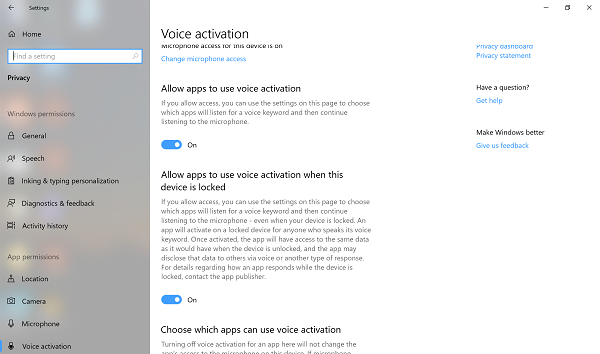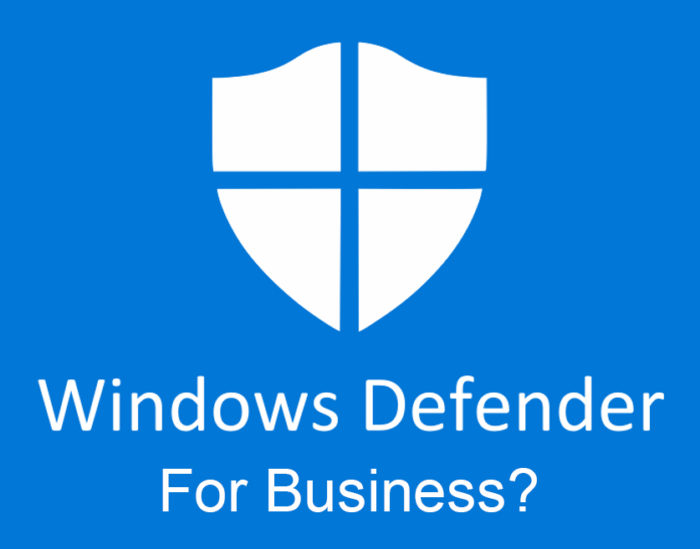Ah, Windows Defender, now known as Microsoft Security. Windows Defender has been one of the most proficiently talked about antivirus software programs since it came out in 2006’s Windows XP operating system. From missed viruses to thousands of falsely reported viruses and falling behind other antivirus programs, one thing remains certain – Microsoft finally has a secure head on its shoulders. They can now say that Windows Defender works the way it’s supposed to now. Or does it? And is it good enough to simply have on a computer by itself in the workplace? Well, let’s find out.
Table of Contents
Windows Now Controls Everything
Well, if you’ve read our “Gamers and Developers Beware” post from Halloween on how Windows v1903 takes control of everything, including Windows Defender. Not only that, but even flipping the switch to turn to tamper controls off doesn’t let you disable Windows Defender when you need to. You may want to have an antivirus that doesn’t completely slow your computer down should you need to update software or install new programs. So, you’ll want to disable your antivirus for a few minutes. You can’t do this with Windows Defender.

What Defender Can Do for You Now
Windows does offer reliable protection these days, but it benefits the firewall. Windows has one of the most advanced and customizable firewalls out there. On top of that, they’ve finally brought in cloud protection and backups, thanks to OneDrive. It also has a USB scan functionality. As of a recent study in 2019, AV-Test.org performed a survey and found that Windows Defender had blocked all viruses from a controlled list. That means that it is incredibly secure. Of course, these things don’t come with downsides.
Defender Has Problems? No Way!
As with anything Microsoft makes, we have come to expect their software to be riddled with problems. From software insecurities, all the way to the fact that users can embed Trojan code into a Microsoft Word document or e-mail that can infect computers and skip some of Defender’s security and firewall are one problem. Another problem is that Windows has it set, so not only can you NOT turn Defender off – it still runs in the background. Eating up resources, even if you have real-time protection turned off. Windows Security scans EVERYTHING. Lack of resources makes installing new software and downloading it go excruciatingly slow.
On top of this, Windows Defender allows users to go ahead and run virus-infected items. If a user says to, Windows will continue to allow it to run indefinitely without quarantining it. They also don’t have a lot on their virus database to educate their users on what exactly viruses do. If you see their descriptions of many viruses, they are generic and full of typical responses. These responses don’t explain anything about what the virus is doing to your computer. It’s maddening, I tell you!!

You should not run Windows Defender on its own. If you are only using Windows Defender, you are leaving yourself wide-open for security issues.
So Defender is Not Good Enough by Itself It Seems
Fortunately, the title says it all. While Windows Firewall may be all you need on each PC in your business, you still need your network’s firewall in place to be safe. And then this means that due to vulnerabilities, you’re going to have to install a third-party antivirus solution like SentinelOne. On the plus side, you can count on an IT team that offers the best security possible. No matter if you’re just running business computers, or even if you have a VoIP system in place.

Meet the newest addition to your security arsenal, SentinelOne antivirus software. SentinelOne chews up Windows Defender and spits it out.
What We Think
According to the numerous tests out there, Windows Defender may be viable for home users. Still, businesses large and small have more security threats than ever (with the majority pointing to small companies). Businesses are going to get harassed and attacked more with DDoS attacks, cybersecurity threats, and even robocalls than home users. Therefore, you must choose the right antivirus, and SentinelOne can prevail above many others.

